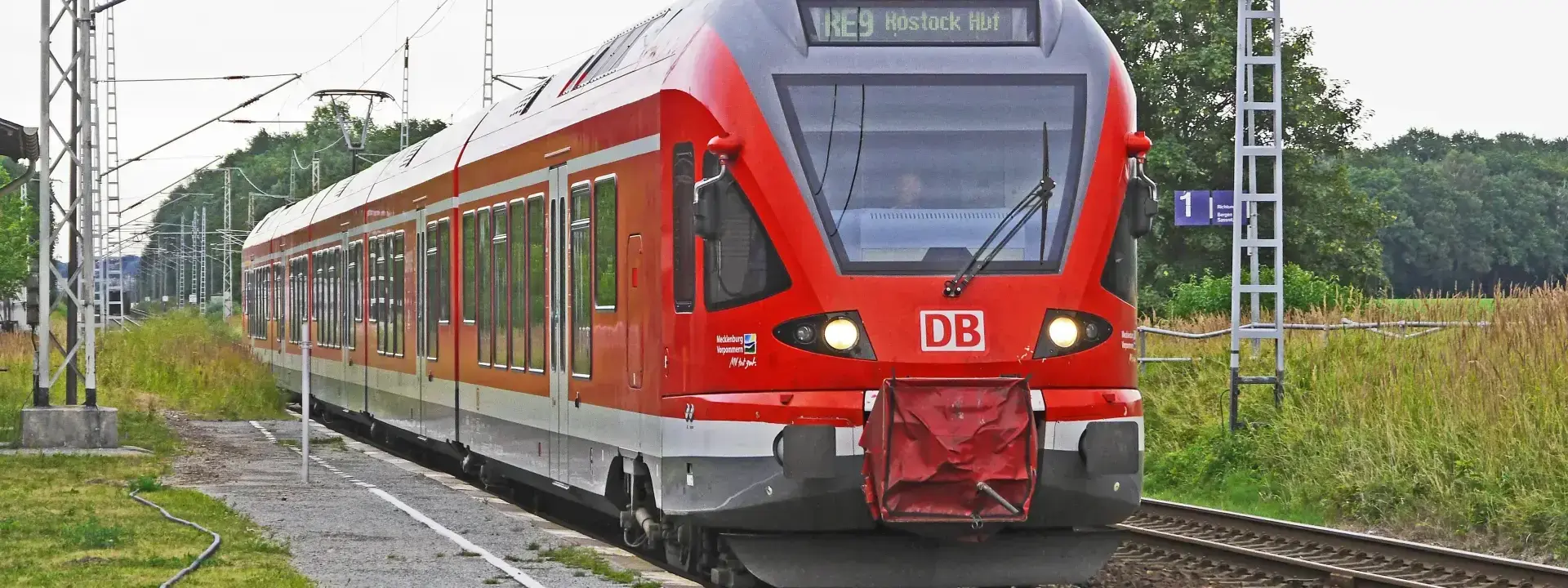
Train Driver Job Description
What is a Train Driver Professional?
A train driver, also known as a locomotive engineer, is responsible for operating a train. They ensure that the train runs on time and arrives at its destination safely. They are also responsible for the safety of the passengers and crew. The job of a train driver is to operate the train in a safe and efficient manner. They must adhere to all safety regulations and procedures. They must also be able to effectively communicate with the train dispatcher, other train crew members, and passengers.
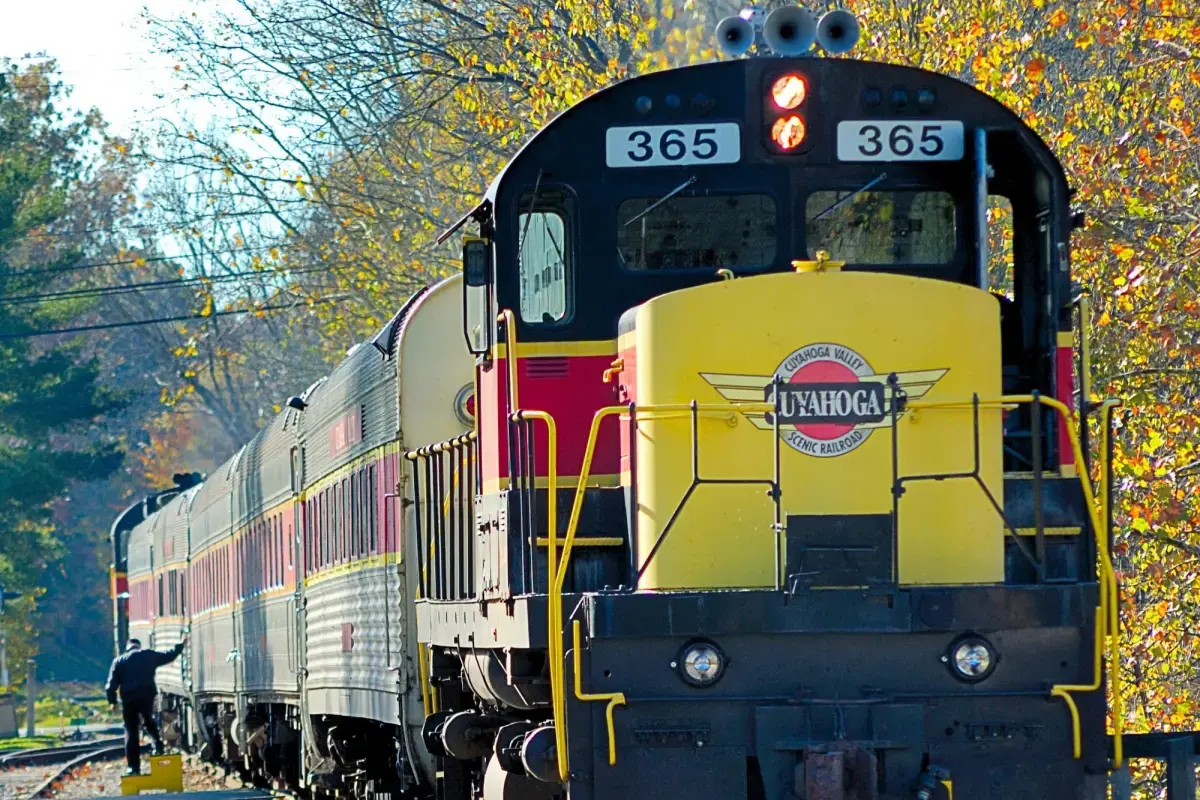
What does a Train Driver Expert do?
Train drivers must have a strong knowledge of the rail network, as they are responsible for planning the route and ensuring that the train stays on schedule. They must also have a good understanding of the train’s systems and be able to troubleshoot any problems that may arise. In the event of an emergency, train drivers are responsible for evacuating the train and ensuring that all passengers are safe. They must be able to remain calm in high-pressure situations and make quick decisions. Train drivers typically work long hours, including nights and weekends. They may be required to work on holidays.
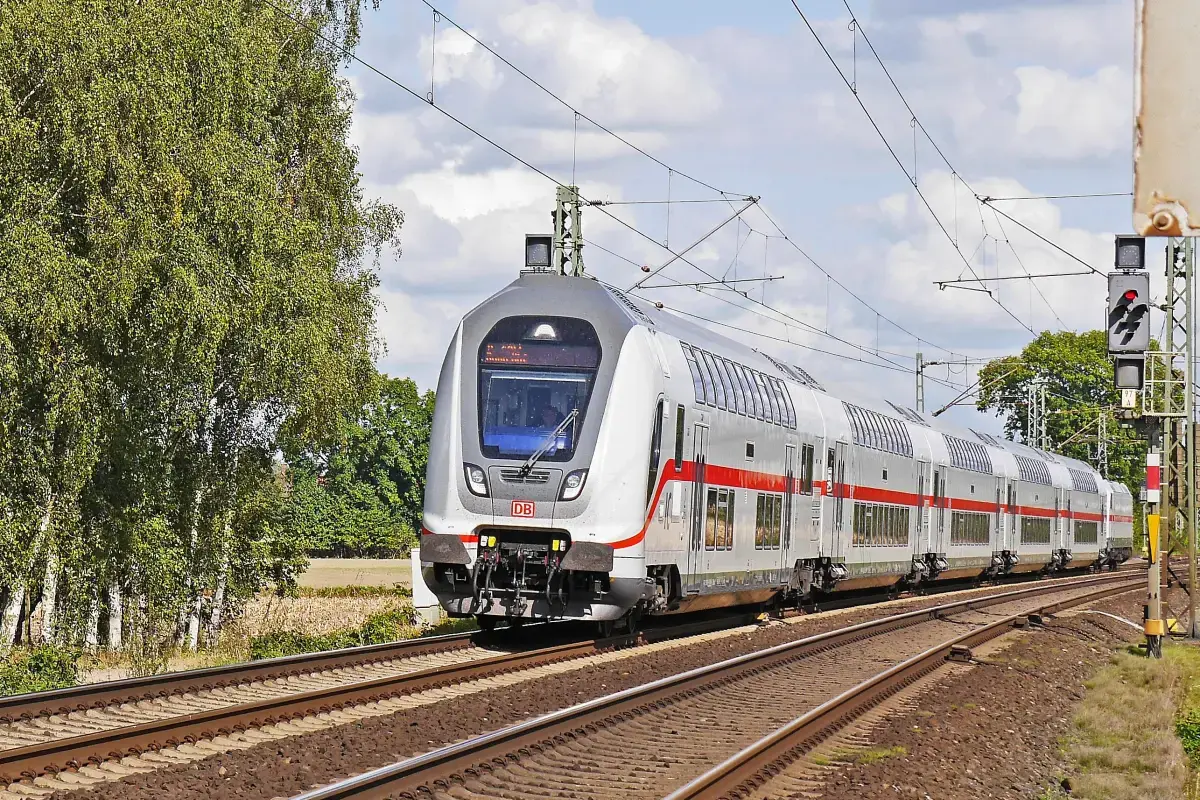
What are the Skills of a Train Driver?
A train driver needs to have a wide range of skills and experience in order to be successful. They need to be able to operate the train in a variety of conditions, and be familiar with the area they are driving in. They also need to be able to communicate well with other members of the train crew, and be able to work together as a team. In addition to these skills, a train driver also needs to have a good understanding of the railway system, and be able to read and interpret timetables and track diagrams. They need to be aware of the safety procedures for their train, and be able to respond quickly and effectively in an emergency.
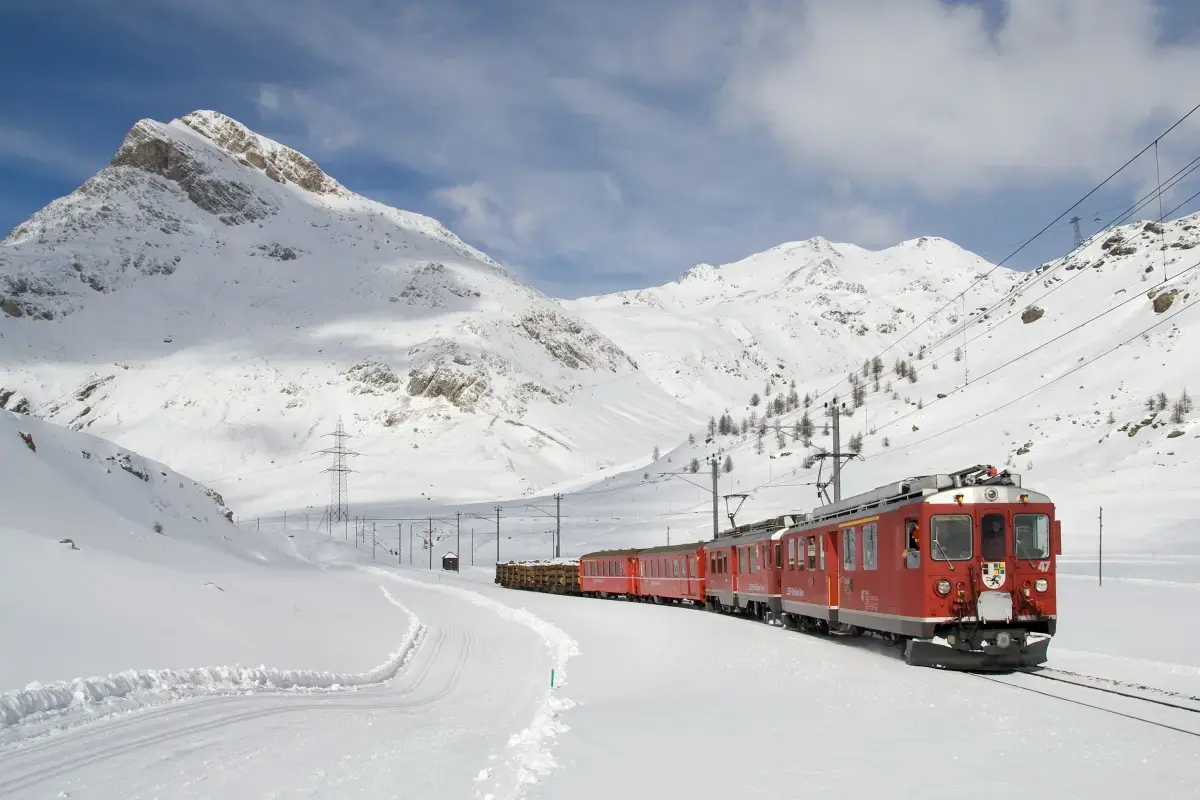
What makes an Expert Train Driver?
A train driver needs to have a good knowledge of the train network, be able to read timetables and have good visibility. They must be able to control the speed and braking of the train, and be able to respond quickly to any emergencies. The driver must have good communication skills, as they will need to liaise with other members of staff, such as signal operators and station staff. They must be able to stay calm under pressure, and be able to make quick decisions in the event of an emergency. It is also important that the driver is physically fit, as they will be required to climb in and out of the cab, and sometimes have to walk along the length of the train. To become a train driver, you will need to have a clean driving licence, and will need to undergo a medical examination. You will also need to complete a training course, which will include both classroom-based learning and on-the-job training.
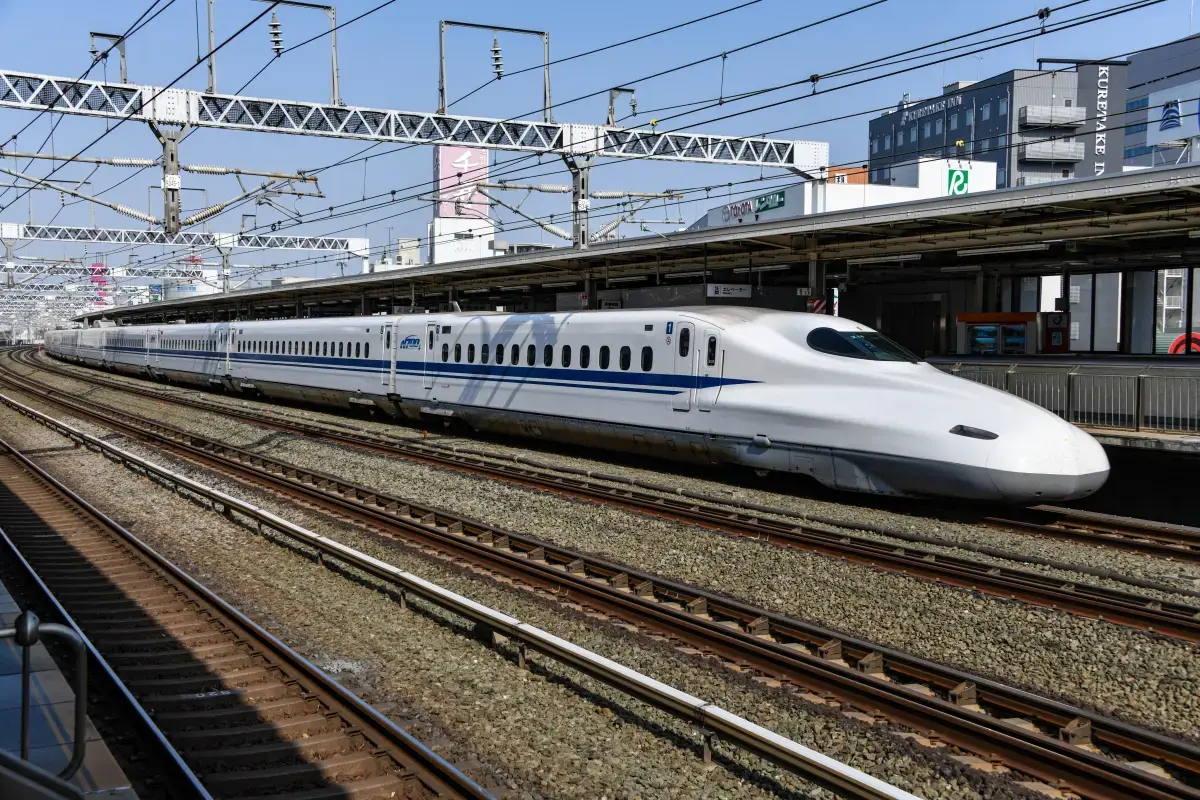
What level of Experience & Qualifications are required to be a Train Driver?
Industry Experience: 1. Previous experience in the transport industry, such as a bus driver or other relevant roles 2. Knowledge and understanding of rail network operations and infrastructure 3. Familiarity with customer service principles and practices Training: 1. Completion of on-the-job training program to learn the rules and regulations for train operation, safety procedures, emergency protocols etc 2. Regular continued professional development courses to keep up skills and knowledge base Qualifications: 1. Must have valid Drivers License (Class B) or higher as required by local laws/regulations 2 . Relevant qualifications related to railways operations like National Rail Professional Qualification Level 3 Certificate in Train Driving Operations (CTDO) or equivalent qualification approved by regulatory bodies Education: 1 . High School diploma/equivalent is usually mandatory; Bachelor’s degree may be preferred depending on the employer requirements 2 . Technical engineering courses can be beneficial
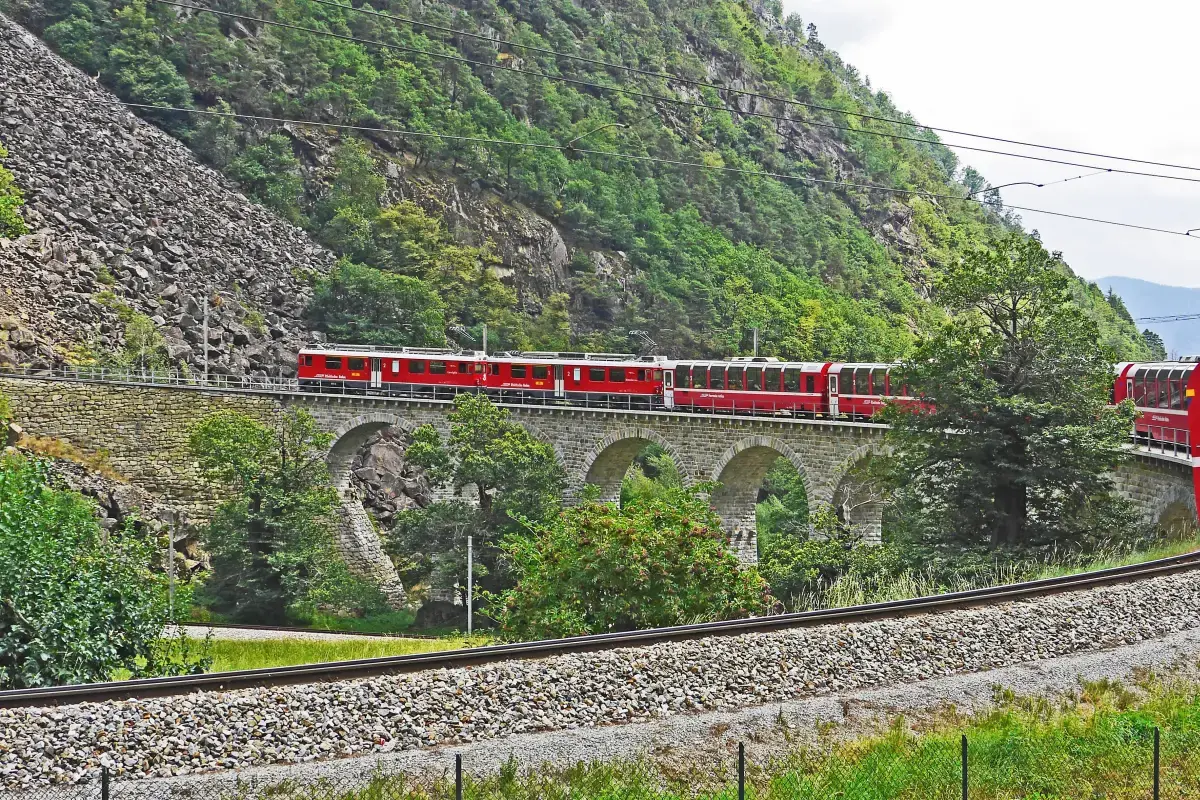
What is the Salary of a Train Driver?
The salary expectations of a train driver vary depending on experience and seniority. For example, junior drivers may start at around £25,000 while more experienced or senior drivers can earn up to £60,000 per year. Junior Train Drivers: Junior train drivers typically begin their career with salaries ranging from £22-£26K per annum ($27-$32k) plus benefits such as free travel passes for themselves and family members. They are responsible for the safe operation of trains by following rules and regulations set out in company policy guidelines. The role also involves customer service duties such as helping passengers board safely onto the platform or providing assistance during delays/disruptions due to inclement weather conditions etc. Senior Train Drivers: Senior train drivers have a higher level of responsibility than juniors; they must be able to handle complex scenarios quickly and confidently whilst adhering to safety standards established by the company. This requires extensive knowledge in relation to railway operations which is why these roles usually pay upwards of £30K (approx $38k). With additional years’ experience this figure can rise significantly based on factors like performance evaluation results & individual expertise levels within specific areas e.g., freight transport management etc.. In some cases it could even approach six figures!

What are the Working Conditions for a Train Driver?
Train drivers are responsible for the safe and efficient operation of passenger trains. They must be able to safely operate their train in all weather conditions, adhere to safety protocols and maintain a high level of customer service at all times. The work environment is usually confined to the cab within which they control the locomotive or carriage while on duty. Train drivers typically work shifts that may include nights, weekends and public holidays depending on operational needs. Working hours can vary greatly depending upon particular rail operator but may involve early starts (from 3am) as well as late finishes (up until midnight). Drivers can expect an average working week of 37-40 hours although this will depend on shift patterns, overtime requirements etc., When not driving a train between stations, other tasks such as checking tickets or dealing with difficult customers might need to be carried out by some operators - these duties should always be clearly outlined before accepting any job role. Conditions inside cabs range from temperature extremes due to inadequate heating/ventilation systems through vibration caused by poorly maintained tracks; if you’re uncomfortable it’s important you report this immediately so it doesnt affect your ability concentrate fully whilst operating your vehicle! Safety is paramount when driving a train therefore rigorous pre-employment health assessments take place prior taking up any position - including eyesight tests & hearing checks amongst others – these are regularly reviewed during employment too! Additionally regular training sessions ensure staff remain knowledgeable about current operations procedures & legislation relating both internally/externally across industry standards; failure comply could result disciplinary action against employees responsible parties involved!
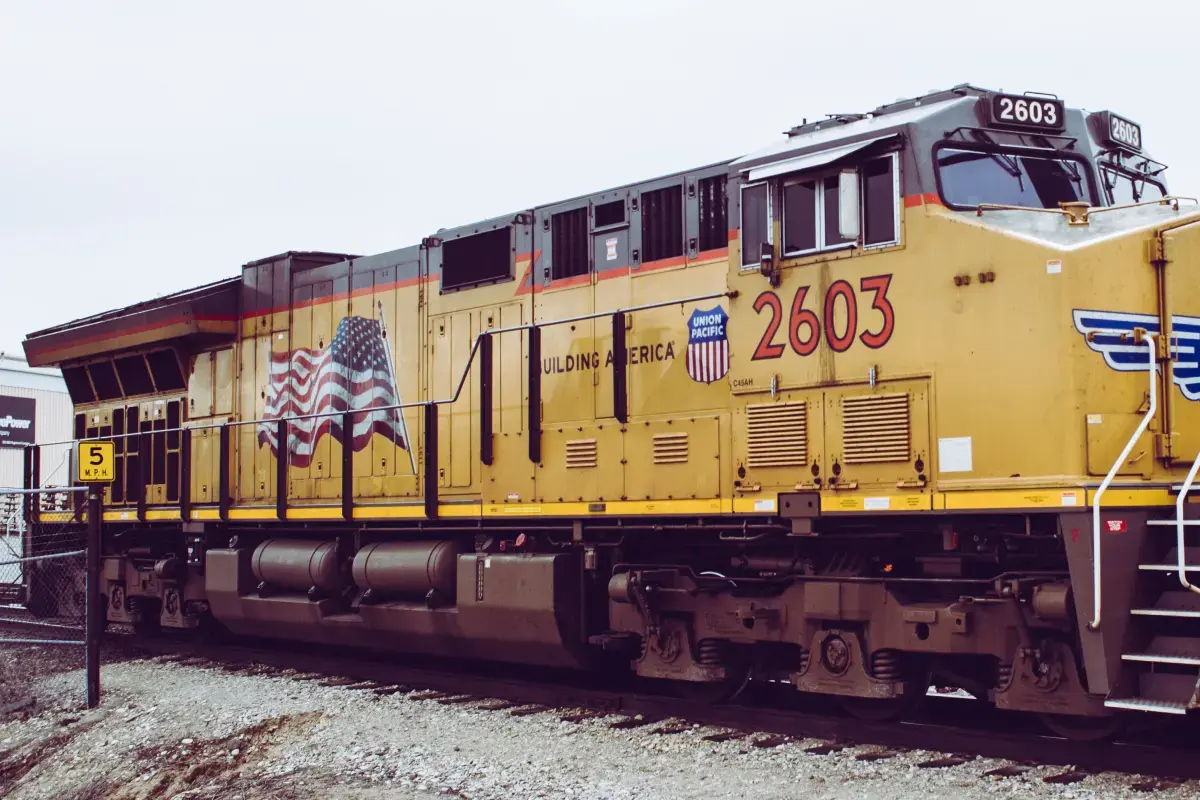
What are the roles and responsibilities of a Train Driver?
Drive the train in a safe and efficient manner.
Ensure the train is on time and runs to schedule.
Make announcements to passengers as required.
Check tickets and ensure fair compliance.
Help passengers with enquiries and assistance as required.
Follow all company policies and procedures.
Report any incidents or accidents immediately.
Undertake daily checks of the train and report any faults.
Complete all required paperwork and documentation accurately.
Liaise with other members of train crew as required.
Adhere to all safety regulations and standards.
Handle dangerous goods and hazardous materials in accordance with regulations.
Prepare the train for arrival into and departure from stations.
Drive the train at the correct speed and to the required timetable.
Signal to other trains using the correct procedures.
Respond to emergencies and follow the correct procedures.
Undertake regular training and development to maintain competence.
Work shifts as required, including evenings, weekends and public holidays.
Stand in for other train drivers as required.
Perform any other duties as required.
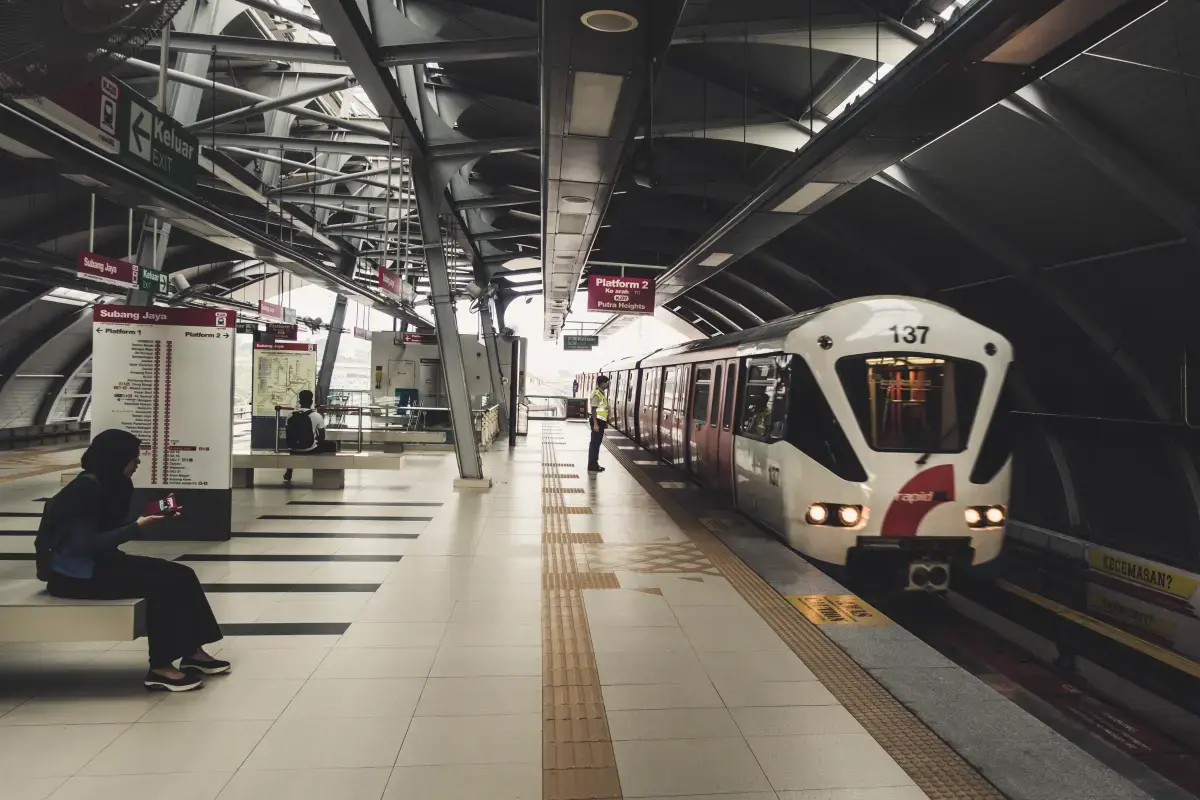
Where can I find Train Driver jobs?
- Create a profile on gigexchange and promote your Train Driver skills to advertise you are Open to New Work Opportunities
- Ensure your Resume (or CV), or online work profile is up to date and represents your skills and experience. Ensure your reputation reflects your ability & attitude.
- Apply for Train Driver Jobs advertised on gigexchange.
- Practise Train Driver interview techniques to ensure you represent your personality and ability succinctly and confidently.
- Accept the job offer if the salary meets your expectations and the employer mission and purpose reflects your core values.
Jobs
What are the best job boards for Railway Driver jobs?

How can I hire Train Driver staff online for my business?
The best job board for recruiting Train Driver experts is gigexchange.com. Advertise full-time, part-time or contract jobs to find, hire & recruit trusted, experienced and talented Train Driver candidates near you.
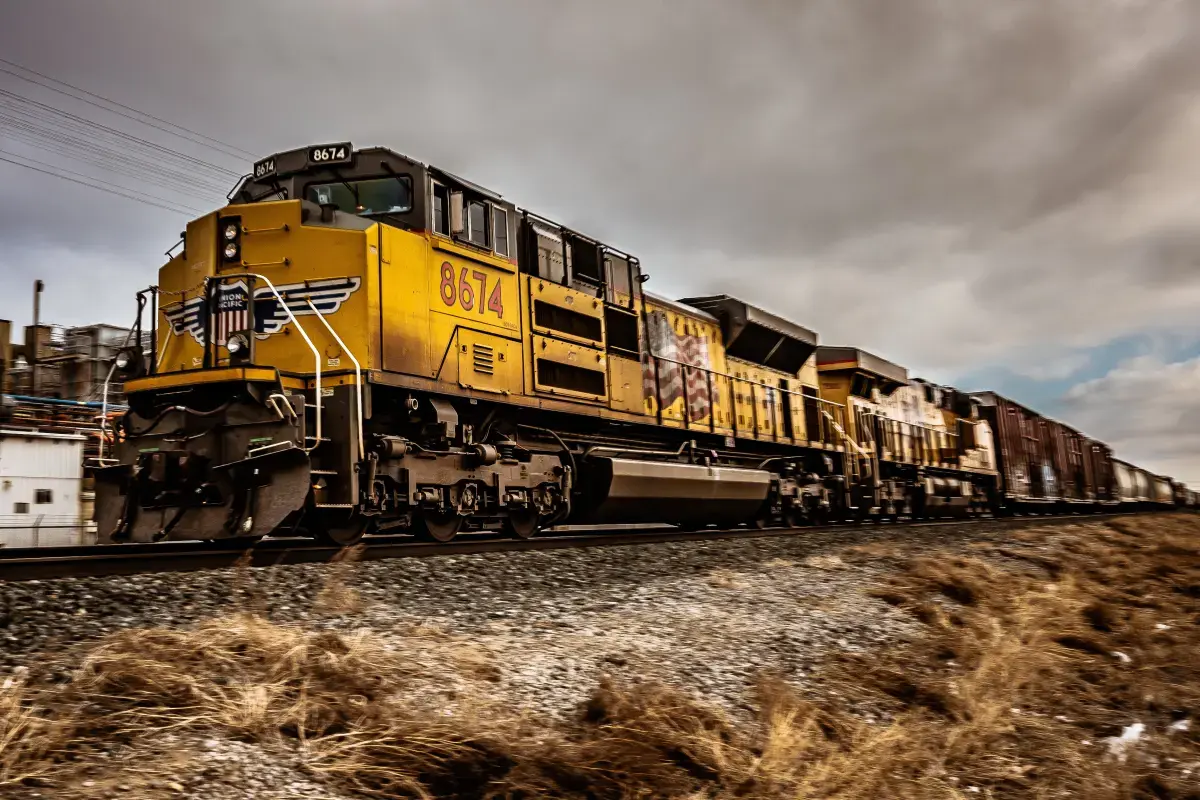
Are Train Driver roles in demand in 2026?
Train Driver experts are still in high demand in 2026. If you are an experienced Train Driver or looking to train and become one. The job market is looking strong for Train Driver jobs near me.